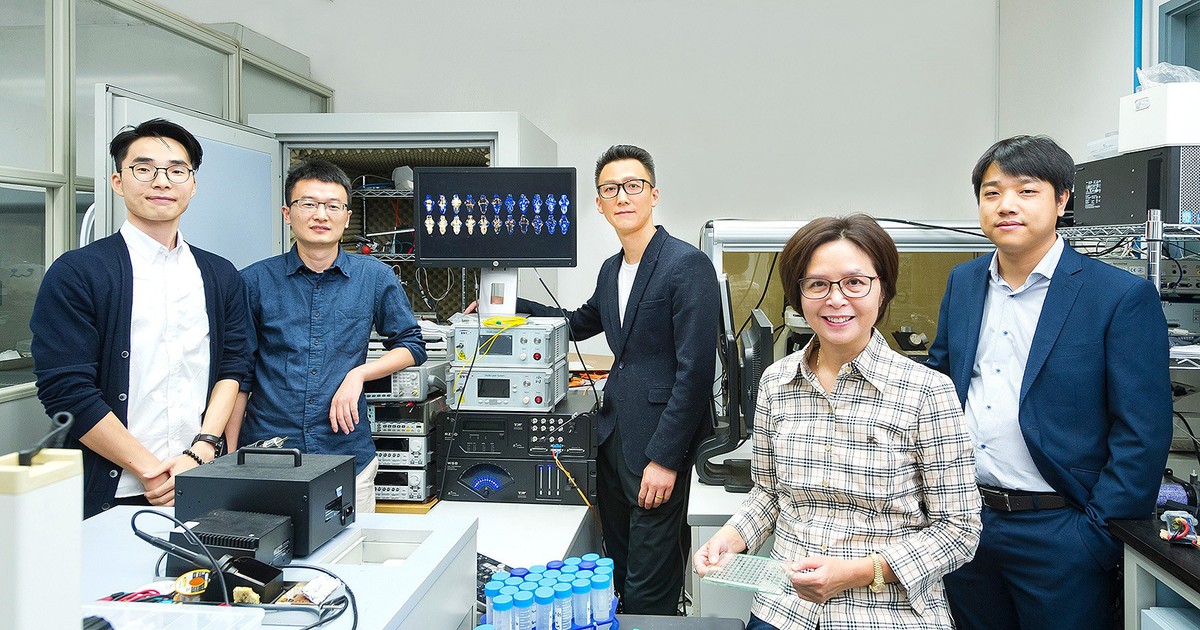Hong Kong researchers find shortcut to predict brain diseases' drug effectiveness


HONG KONG - A research team led by the City University of Hong Kong (CityU) has developed a new platform to enhance the prediction of effectiveness of medicines treating brain diseases, the university told reporter on Monday.
The result came after five years of collaboration between CityU's Department of Biomedical Engineering (BME) and Department of Biomedical Sciences (BMS), and Harvard Medical School, the United States, aiming to provide a platform to predict compounds that have the potential to be developed into new drugs to treat brain diseases.
The research team generated the maps from the brains of thousands of zebrafish larvae, each treated with a clinically used CNS drug. The maps showed the corresponding brain regions that reacted to those drugs.
By employing machine learning strategy, the team predicted that 30 out of those 121 new compounds had anti-seizure properties. To validate the prediction, the research team randomly chose 14 from the 30 potential anti-seizure compounds to perform behavioral tests with induced seizure zebrafishes.
The result showed that 7 out of 14 compounds were able to reduce the seizures of the zebrafish without causing any sedative effects, implying a prediction accuracy of around 50 percent.
Shi Peng, Associate Professor of CityU's BME, said that the team used robotics, microfluidics and hydrodynamic force to trap and orient an awake zebrafish automatically in 20 seconds, which allowed the imaging for many zebrafishes to be carried out in one go.
"More importantly, our platform can immobilize the fish without anaesthesia, thus avoiding interference," he added.
With this high-speed in vivo drug screening system combined with machine learning, Shi said that a shortcut is provided to help identify compounds with significantly higher therapeutic potentials for further development, hence speed up the drug development and reduce the failure rate in the process.
The research is published in the scientific journal Nature Communications.





































